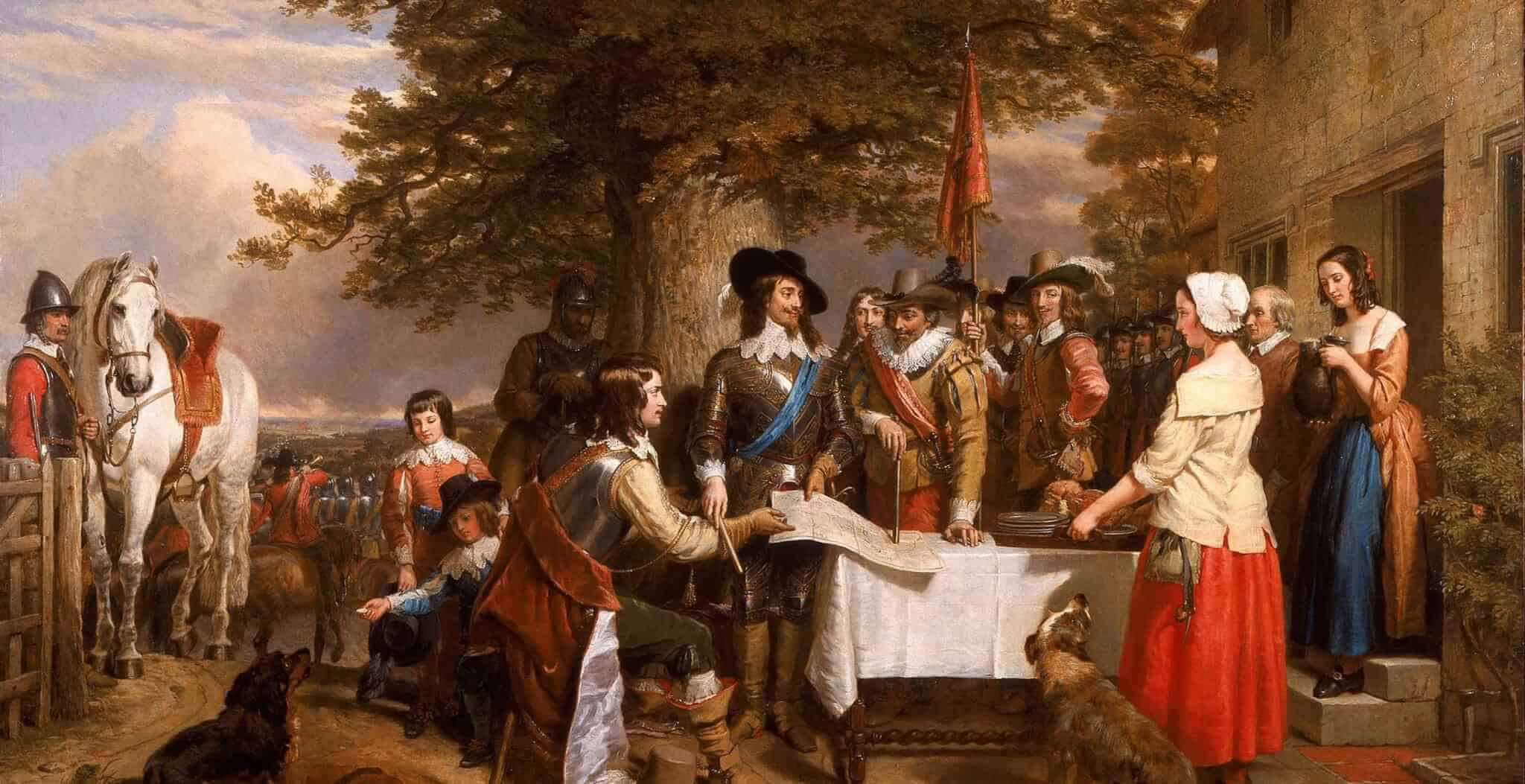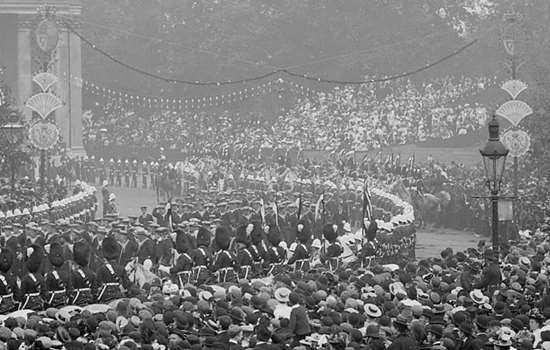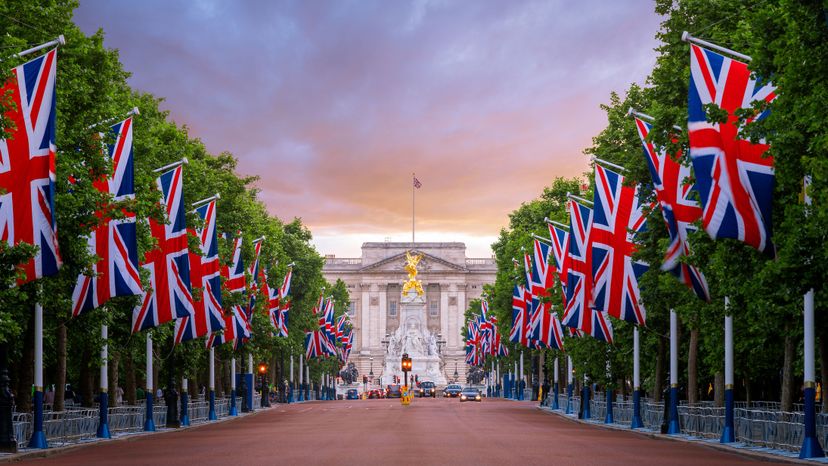England: A Tapestry of History, Culture, and Influence
Introduction::max_bytes(150000):strip_icc()/GettyImages-174726708-9125b51de4e14e759e688c019a0f52ca.jpg)
England, a nation rich in history, culture, and influence, has woven itself into the fabric of global narratives for centuries. From its ancient roots to its modern-day manifestations, England's story is one of resilience, innovation, and transformation. In this article, we delve into the tapestry of England, exploring its historical landmarks, cultural contributions, and enduring legacy.
Ancient Origins:
England's history stretches back thousands of years, with evidence of human habitation dating back to the Paleolithic era. The arrival of Celtic tribes around 800 BCE laid the foundation for early societies, followed by Roman conquest in 43 CE. The Romans left an indelible mark on England, introducing advanced infrastructure, governance systems, and cultural influences that endure to this day.
Medieval England:
The medieval period saw England undergo significant political and social changes. The Norman Conquest of 1066 brought William the Conqueror to power, ushering in a new era of Norman rule. The Magna Carta, signed in 1215, laid the groundwork for constitutional governance and the rule of law. The Hundred Years' War and the Wars of the Roses shaped England's political landscape, leading to the establishment of the Tudor dynasty and the dawn of the Renaissance.
The Tudor Dynasty:
The Tudor era is often regarded as a golden age in English history. The reign of monarchs such as Henry VIII, Elizabeth I, and Mary I saw England emerge as a dominant European power. The Tudors oversaw the English Reformation, transforming the religious landscape and laying the groundwork for Protestantism. The Elizabethan era, in particular, witnessed a flourishing of arts, literature, and exploration, with figures like William Shakespeare and Sir Francis Drake leaving an indelible mark on English culture.
The Age of Enlightenment:
The 17th and 18th centuries brought about the Age of Enlightenment, a period marked by intellectual curiosity, scientific progress, and political upheaval. The English Civil War and the Glorious Revolution paved the way for constitutional monarchy and parliamentary democracy. Figures like John Locke and Isaac Newton epitomized the spirit of inquiry and innovation that characterized this era, shaping modern thought and laying the groundwork for the Industrial Revolution.
The Industrial Revolution:
The 19th century witnessed the dawn of the Industrial Revolution, a transformative period that propelled England into the forefront of global industry and commerce. The invention of steam power, mechanization, and mass production revolutionized manufacturing processes, leading to unprecedented economic growth and urbanization. Cities like Manchester, Birmingham, and Liverpool became bustling hubs of industry, while innovations in transportation, such as the steam locomotive, connected distant regions and facilitated trade.
Victorian England:
The Victorian era, named after Queen Victoria, was a time of contrasts and contradictions. While England experienced unprecedented prosperity and technological advancement, it also grappled with social inequality, urban squalor, and colonial expansion. The rise of the British Empire brought wealth and influence to England but also raised moral and ethical questions about imperialism and exploitation. Nevertheless, the Victorian era left a lasting legacy in literature, architecture, and social reform, with figures like Charles Dickens and Florence Nightingale championing causes of social justice and humanitarianism.
The World Wars and Beyond:
The 20th century saw England confront the challenges of two world wars, as well as profound social and cultural transformations. The devastation of World War I and the resilience of the British spirit during the Blitz of World War II forged a sense of national identity and solidarity. The post-war period witnessed the dismantling of the British Empire and the emergence of a multicultural society shaped by waves of immigration from former colonies and beyond.
Modern England:
Today, England stands as a vibrant tapestry of diversity, innovation, and tradition. Its capital city, London, is a global metropolis renowned for its cultural institutions, financial markets, and melting pot of cultures. From the picturesque landscapes of the Lake District to the iconic landmarks of Stonehenge and Windsor Castle, England's rich heritage continues to captivate visitors from around the world.
In the midst of its rich tapestry, England continues to evolve, facing contemporary challenges while embracing its heritage. Here, we delve deeper into some key aspects that define modern England:
- Cultural Diversity: England today is a multicultural society, shaped by centuries of migration and global influence. Cities like London, Birmingham, and Manchester are vibrant melting pots of cultures, languages, and traditions from around the world. This diversity enriches England's cultural landscape, contributing to its dynamic arts scene, culinary delights, and cultural festivals.
- Economic Powerhouse: Despite the challenges of globalization and Brexit, England remains a major economic force on the world stage. Its diverse economy spans industries such as finance, technology, manufacturing, and creative arts. London's status as a global financial center, coupled with thriving tech hubs in cities like Cambridge and Manchester, underscores England's entrepreneurial spirit and innovation-driven economy.
- Social Progress:
 England has made significant strides in social progress and equality in recent decades. Legal reforms have expanded rights and protections for marginalized communities, including the LGBTQ+ community, ethnic minorities, and women. Initiatives aimed at addressing income inequality, improving healthcare, and combating climate change demonstrate England's commitment to building a fairer and more sustainable society.
England has made significant strides in social progress and equality in recent decades. Legal reforms have expanded rights and protections for marginalized communities, including the LGBTQ+ community, ethnic minorities, and women. Initiatives aimed at addressing income inequality, improving healthcare, and combating climate change demonstrate England's commitment to building a fairer and more sustainable society. - Environmental Conservation: England's natural beauty and biodiversity are cherished assets, prompting efforts to conserve and protect its environment. From the rugged coastlines of Cornwall to the rolling hills of the Yorkshire Dales, England boasts diverse ecosystems and protected areas. Conservation initiatives, renewable energy projects, and sustainable development strategies aim to safeguard England's natural heritage for future generations.
- Global Influence: Despite its relatively small size, England continues to wield significant influence on the global stage. Its cultural exports, including literature, music, film, and fashion, resonate with audiences worldwide. Diplomatic efforts, international aid programs, and participation in multilateral organizations underscore England's commitment to global cooperation and peacekeeping.
- Challenges and Opportunities: Like any nation, England faces a myriad of challenges, including economic uncertainty, social inequality, political polarization, and environmental degradation. However, these challenges also present opportunities for innovation, collaboration, and positive change. By harnessing its strengths, embracing diversity, and fostering resilience, England can navigate the complexities of the 21st century and emerge stronger and more united.
In conclusion, England's journey from ancient origins to modern manifestations is a testament to its resilience, innovation, and enduring legacy. As it embarks on the next chapter of its history, England remains a beacon of democracy, diversity, and dynamism on the world stage. By honoring its past, embracing its present, and shaping its future with vision and purpose, England will continue to inspire and captivate the world for generations to come.








































